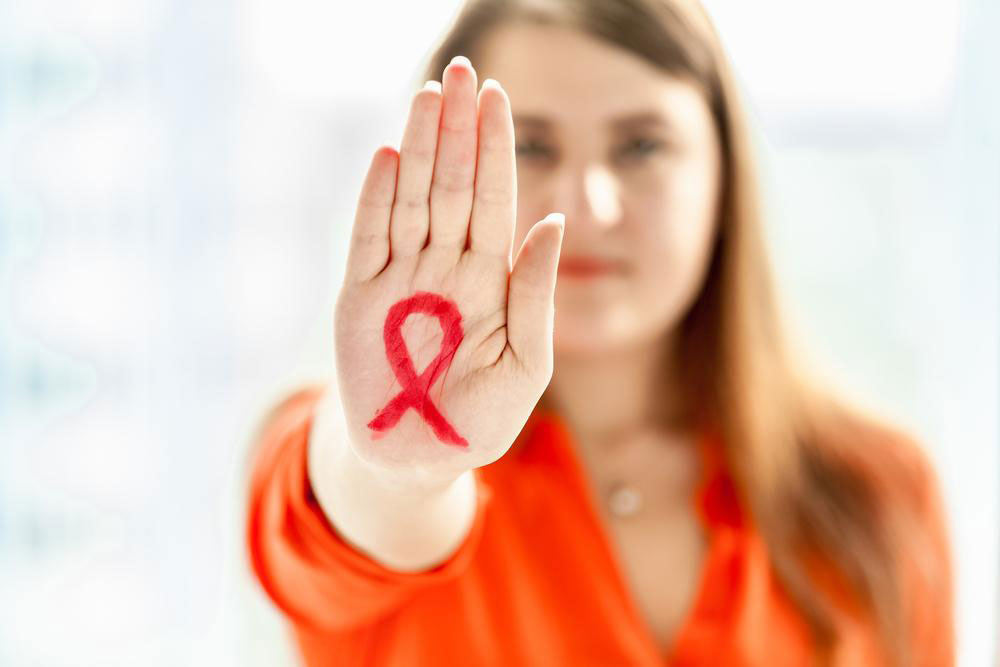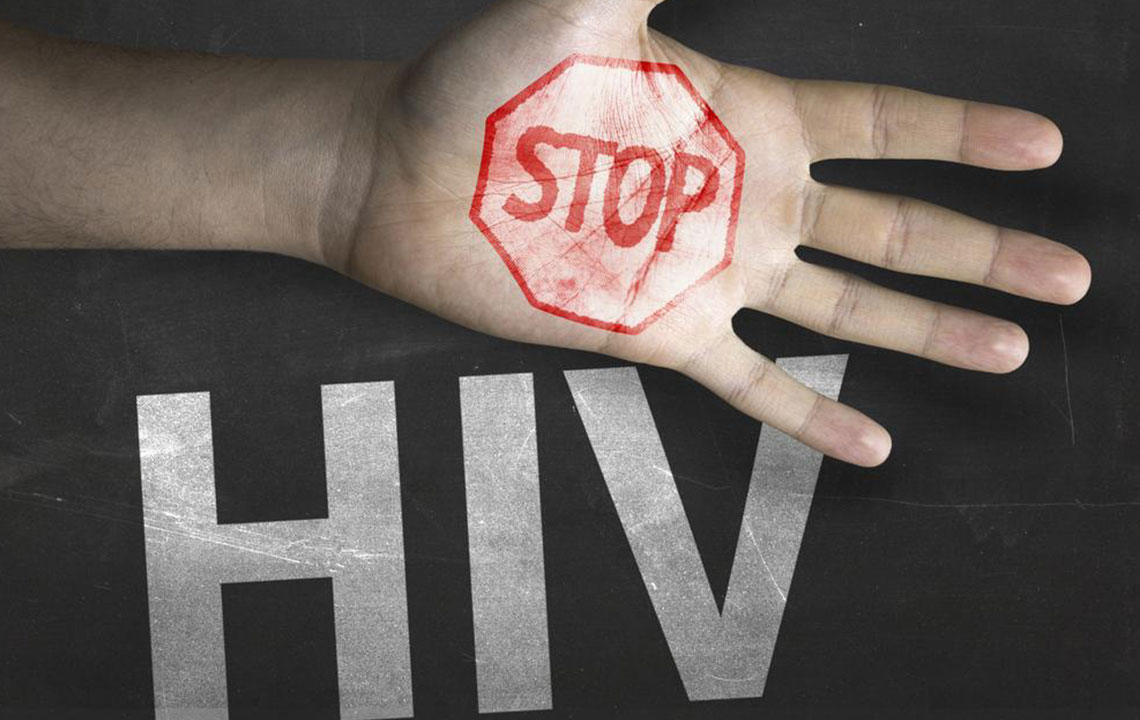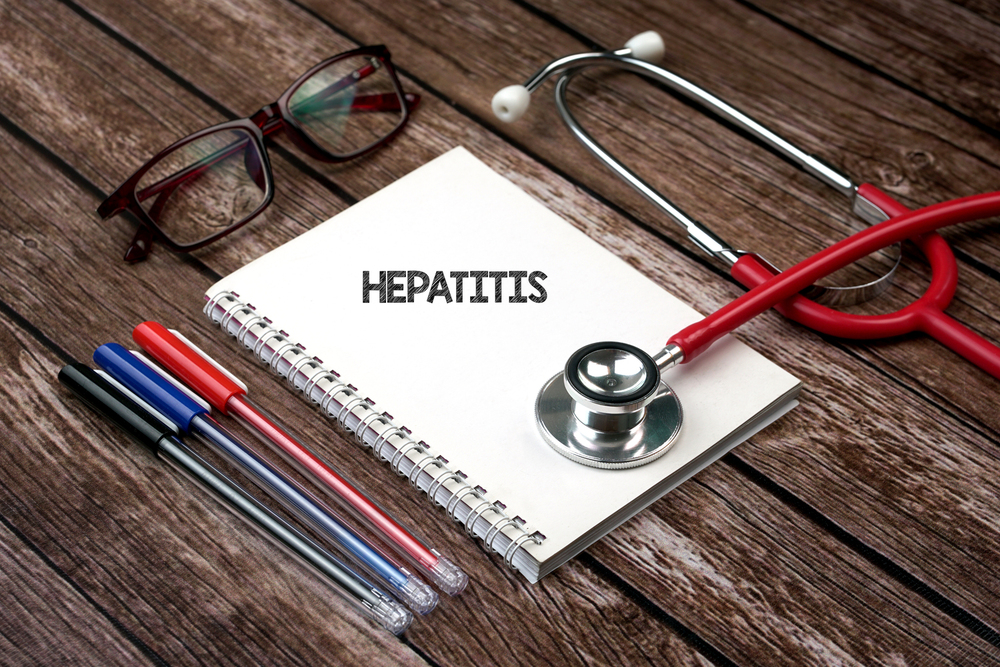Essential Strategies to Prevent HIV Transmission
This article highlights key strategies to prevent HIV transmission, including safe sex practices, sterile needle use, and medical prophylaxis options. It emphasizes the importance of testing, limiting partners, and timely medical guidance for high-risk groups. By understanding transmission routes and prevention methods, individuals can reduce their risk of contracting HIV effectively.

Essential Strategies to Prevent HIV Transmission
Understanding how HIV spreads is crucial in preventing infection. Increased awareness has led to better prevention methods. Here's essential info about HIV:
HIV is a virus that attacks the immune system and is transmitted through specific body fluids from an infected person, making it untreatable.
The virus spreads via blood, vaginal fluids, pre-seminal fluids, semen, and rectal fluids of infected individuals.
HIV cannot be transmitted through casual contact like hugging, kissing, or sharing objects such as dishes, doorknobs, or toilet seats.
Avoid injecting drugs yourself. If necessary, always use sterile needles and equipment for procedures like piercing or injections.
Consistently use condoms during all sexual activities—oral, vaginal, or anal—as a proven method to prevent HIV transmission. Proper condom use is vital, especially with multiple sexual partners.
Limit the number of sexual partners and ensure both you and your partners get tested for STDs, since co-infections raise HIV risk.
More partners increase the risk of HIV.
Be informed about the role of contaminated needles, particularly in regions like the US, where sharing infected needles is a common transmission route.
High-risk individuals should consult healthcare providers about pre-exposure prophylaxis (PrEP) and post-exposure prophylaxis (PEP) to lower the chances of acquiring HIV.
Pregnant women with HIV should follow medical guidance regarding antiretroviral medications during pregnancy and childbirth to prevent transmission to the baby. Newborns may receive medication for 4-6 weeks post-birth.
People living with HIV can manage their condition with consistent Antiretroviral Therapy (ART), which helps prevent transmission and supports a healthy life.










